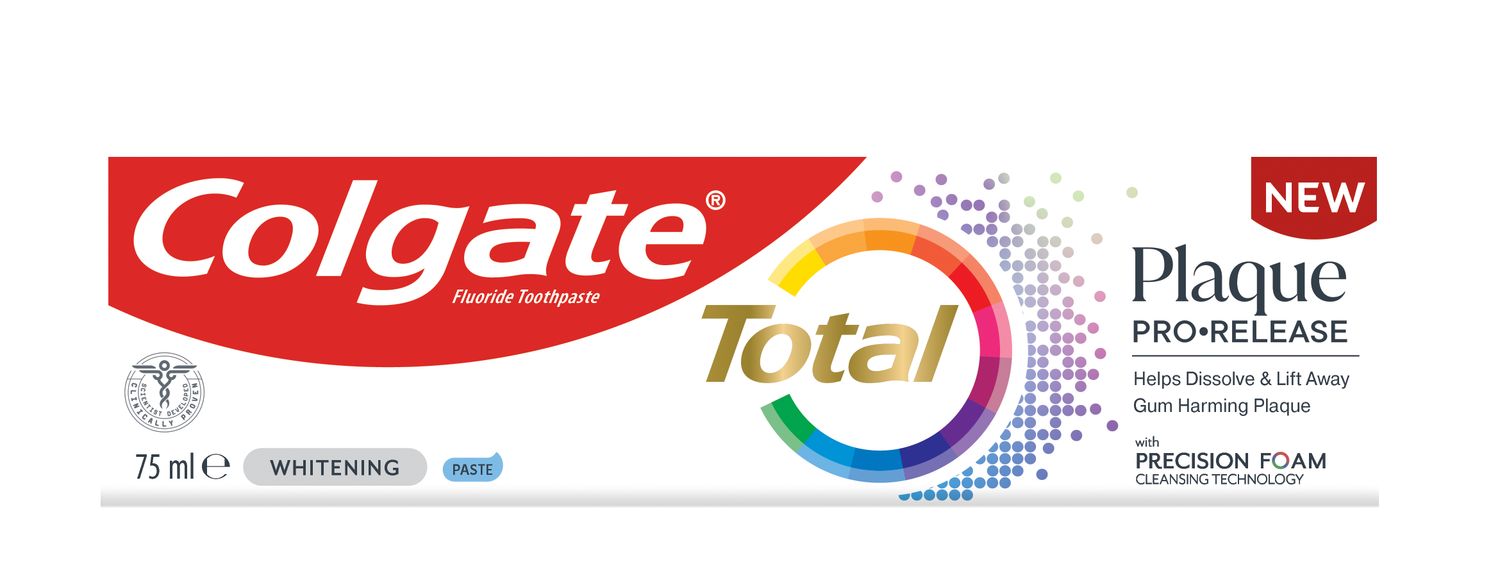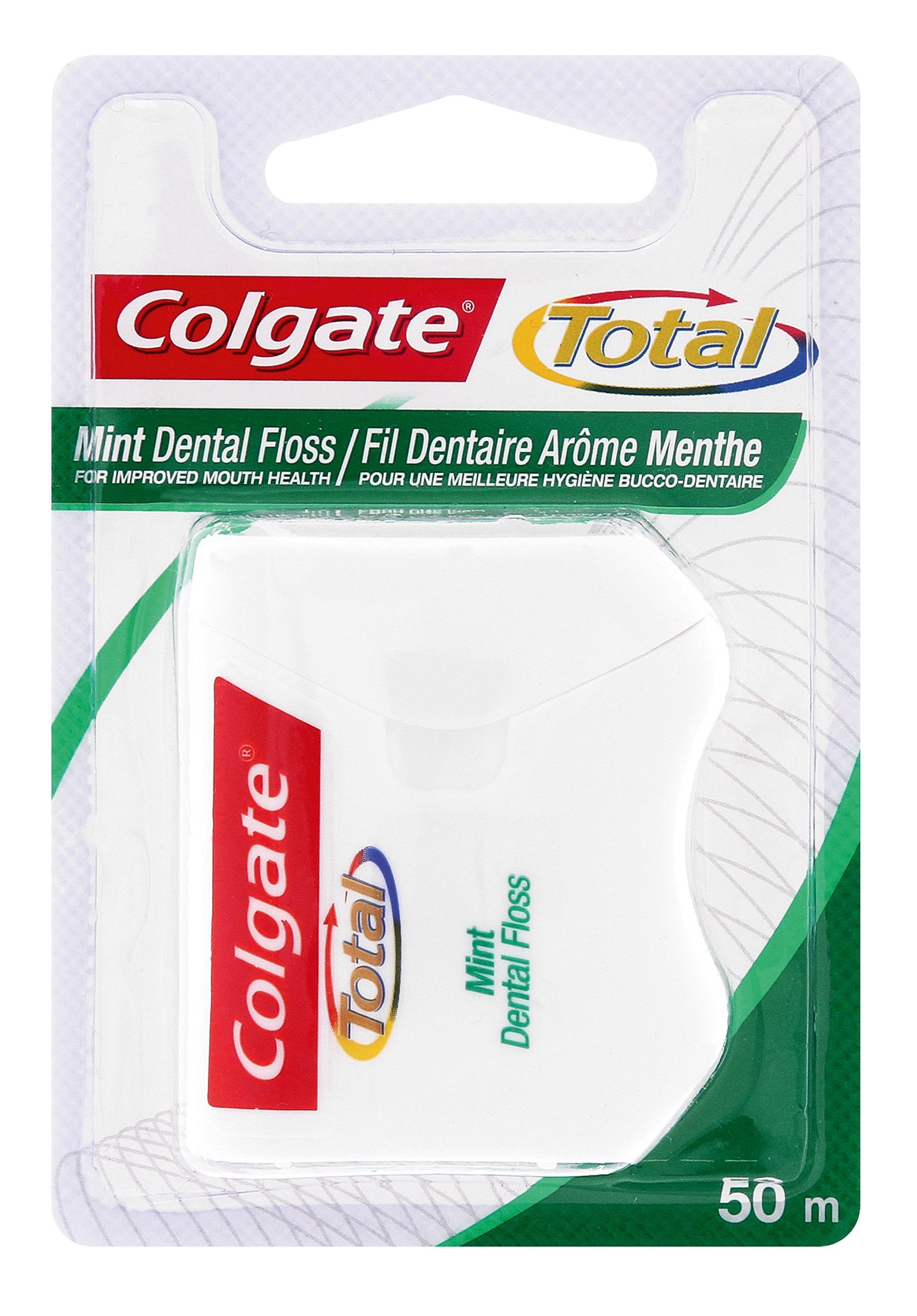-
-

CAVITIES
Can You Heal A Cavity At Home?You feel a sharp pain when you bite down or try to eat. You think it's a cavity, but you're not 100 percent sure...

BAD BREATH
How To Cure Bad BreathMore commonly known as bad breath, halitosis is an embarrassing hygiene issue that nobody wants, but some of us get every now and then...
-
Science & Innovation
- Colgate® | Toothpaste, Toothbrushes & Oral Care Resources
- Oral Health
- Endodontics: A Tooth Saver


You may have experienced the extreme pain that accompanies an infected tooth, and perhaps you've even heard of the dreaded root canal. But a bad tooth infection doesn't necessarily imply the tooth's demise. Very often, undergoing endodontics will help relieve your pain and keep your dentition intact.
Endodontic Treatments and Procedures
Root canal treatment is the most common reason for referring a patient to an endodontist. This procedure cleans the infected pulp area, relieves pain and saves the tooth. Most infections in the pulp of the tooth are caused by advanced decay or a deep cavity that was prepped and treated in proximity to the pulp. Endodontics also involves re-treatment of a root canal that didn't clear up the initial infection, or a surgical procedure at the tip of the root. Traumatic injury to teeth can also cause tooth pulp to become necrotic and require a root canal to retain the tooth or teeth.
Endodontists are great at saving teeth; occasionally, however, a tooth or teeth may be subject to complications beyond their abilities. The good news is that these specialists possess the skills and advanced diagnostic tools to determine the best treatment for you. This could mean a referral for an extraction and tooth replacement to restore your smile, but only after all treatment options have been explored. Doing everything to save your tooth is a dentist's first priority, because the general belief is that your natural tooth is best!
Keep your mouth healthy by practising optimal home care, like brushing and flossing and regular dental visits. Despite following a good oral hygiene routine, however, problems and infections can still occur. During treatment, brushing with a toothpaste for sensitivity can be helpful. Relieving your pain and maintaining your smile is your dentist's first priority, and he or she will not hesitate to refer you to the champion of tooth saving: the endodontist!
Related Products

Helping dental professionals
More professionals across the world trust Colgate. Find resources, products, and information to give your patients a healthier future










